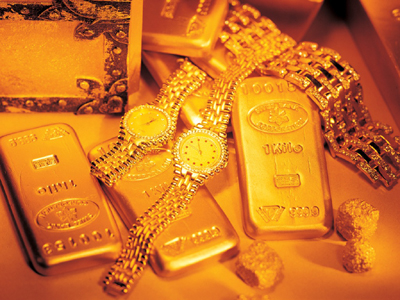In the realm of style and opulence, the terms 'fashion' and 'luxury' are often used interchangeably. However, these two concepts, while intertwined, are fundamentally different. This article aims to dissect the nuances between fashion and luxury, providing a comprehensive understanding of their unique characteristics and the interplay between them.
Fashion, at its core, is a form of self-expression. It is a dynamic, ever-evolving industry that thrives on creativity, innovation, and trendsetting. Fashion is about the here and now; it reflects the zeitgeist, the spirit of the times. It is a reflection of societal changes, cultural shifts, and individual preferences. Fashion is not just about clothing; it encompasses accessories, beauty, lifestyle, and even attitudes.
On the other hand, luxury is a concept that transcends time and trends. Luxury brands are synonymous with exclusivity, quality, and high value. They are often heritage brands with a rich history and tradition, offering products that are timeless, enduring, and often, a symbol of status. Luxury is not just about the product; it's about the experience, the craftsmanship, the story behind the brand.
The intersection of fashion and luxury is where things get interesting. Luxury fashion brands, such as Chanel, Louis Vuitton, and Gucci, combine the best of both worlds. They offer high-quality, exclusive products that are also at the forefront of fashion trends. However, these brands maintain their luxury status by controlling their distribution, maintaining high price points, and ensuring their products are perceived as aspirational rather than accessible.
While fashion can be luxury, not all fashion is luxurious. Fast fashion brands like Zara and H&M are fashion-forward but lack the exclusivity and quality associated with luxury. Conversely, not all luxury items are fashionable. A classic Rolex watch or a Birkin bag is luxurious because of its craftsmanship, exclusivity, and enduring appeal, not because it's the latest trend.
The digital age has further blurred the lines between fashion and luxury. Social media and e-commerce have democratized fashion, making it more accessible, while also challenging the exclusivity of luxury. Luxury brands have had to adapt, becoming more transparent and engaging in their marketing, while still maintaining their aura of exclusivity.
In conclusion, while fashion and luxury may overlap, they are distinct concepts with unique characteristics. Fashion is about trends, creativity, and self-expression, while luxury is about exclusivity, quality, and enduring value. Understanding the difference between these two can help consumers make more informed decisions and appreciate the value behind the products they purchase.



